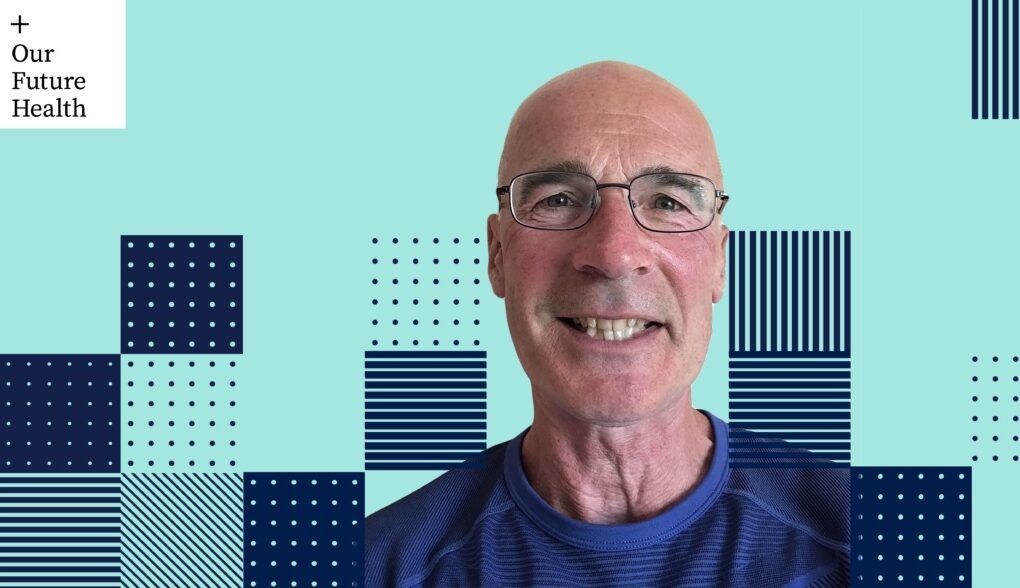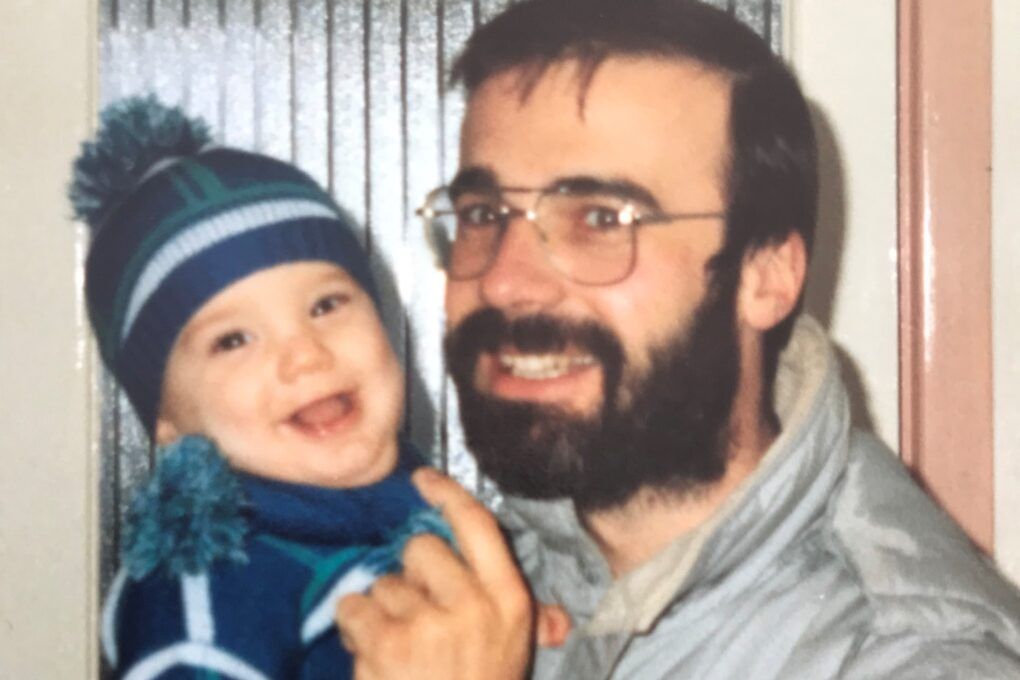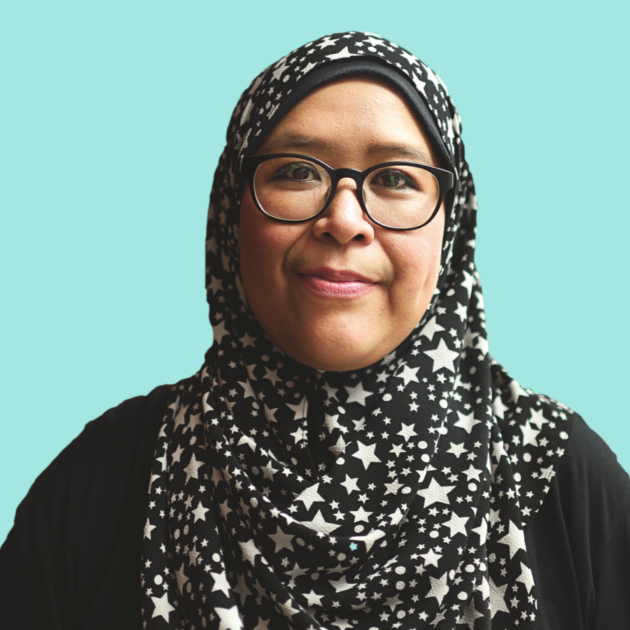‘Joining Our Future Health is like leaving your body to science – while you’re still alive’

You could say that Paul Hooley first became interested in Our Future Health in the mid-1970s, when he was still at school. Our research programme didn’t exist back then – it wasn’t born until 2021 – but already Paul was going through an experience that made him think about the relationship between genes and disease. It was an experience that would shape his adult life – and see him jump at the chance to join Our Future Health almost 50 years later.
“My mother developed breast cancer when I was 11 years old,” he recalls, speaking to Our Future Health from his home in Shropshire. “She was in her early 40s and she had none of the factors that typically predispose people to that disease. She was extremely fit, she didn’t drink or smoke, she ate an excellent diet, and she had no significant family history of breast cancer. I remember thinking, ‘how has this happened? Why has Mum got breast cancer?’”
Paul was asking the same questions that cancer researchers around the world continue to ask today. Cancer is the leading cause of death globally, claiming around 10 million lives a year; a baby born in the UK today has a one in two chance of developing cancer at some point in their lifetime. What causes these cases? Is it a patient’s genes, the life they lead, or a combination of the two? And can we develop better ways to prevent, detect and treat cancer if we know the answers?
A scientist is born
In the years ahead, Our Future Health will help researchers to find new answers to exactly those kinds of questions, by combining the health data of up to five million people from across the UK. But Paul doesn’t need this explaining to him, because he understands the potential of our programme better than most.
After those early thoughts as an 11-year-old, Paul went into academia, first as a cancer research fellow and later as a senior lecturer in molecular biology at the University of Wolverhampton.
“Trying to understand the mechanism for my mother’s illness was a spur to a scientific career for me,” he explains. “Her treatment in the 70s was successful – although she eventually passed at the age of 66 from cancer. It was never clear whether it was related to her earlier illness.
“In research, you become very aware of gaps in understanding. The treatment of breast cancer has improved leaps and bounds since the 70s, but people still die of it. That means we’ve not understood the problem properly.”
How Our Future Health will help
When Paul was made aware of Our Future Health, during a routine visit to his local blood donation centre in 2021, he signed-up eagerly. “The project grabbed my attention because it’s going to genotype so many people. It used to take months to get a single person’s DNA sequence – now it takes a day. That data will make the world of difference to research.
“Take breast cancer as an example. We’ve known for some time that there are mutations in two genes, called BRCA1 and BRCA2, that run in families and make you more likely to suffer from the disease. But what if, like my mother, your family history suggests that you don’t have mutations in those genes, you follow a healthy lifestyle, and you still get breast cancer?
“When you look at individual cases, you can’t really get an answer, but with a database like Our Future Health, you could look at thousands of similar cases very, very quickly. You might find new genetic variants that increase a person’s chances of getting the disease. And you might be able to develop a new drug that targets the specific defects.
“The scale of the database makes such a difference. Our Future Health is the culmination of things that, 30-odd years ago, I used to tell students we’d be able to do in the future. It’s as big as the leap from landline phones to smartphones.”
A chance to help future generations – including your own family

It’s clear that Paul has a professional interest in Our Future Health, but he points out that he has a personal motivation for volunteering, too.
A few years ago, Paul became a grandfather. He says the experience has reminded him of the change in attitude people go through when they become parents. “It gives you an interest in the next generation, a stake in the future.”
“By volunteering for Our Future Health, I’m saying ‘my health records and my unique genetic make-up are going to help other people in the future’. It might even help members of my own family.
“Signing up for Our Future Health is like leaving your body to science while you’re still alive. I encourage everyone to do it. The importance of this programme is immense.”
Read more of our Volunteer Voices
Volunteer Voices is a series that tells the stories behind Our Future Health participants. To read more, click the link below.
Would you like to be featured in Volunteer Voices? Get in contact with us by emailing stories@ourfuturehealth.org.uk. Everyone has something unique to give.

Let’s prevent disease together
By volunteering for Our Future Health, you can help health researchers discover new ways to prevent, detect and treat common conditions such as diabetes, cancer, heart disease, stroke and Alzheimer’s.